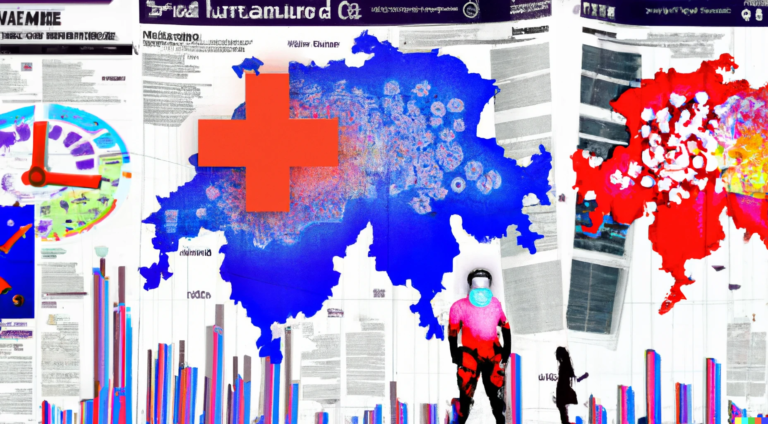Data and the way they are produced, shared and interpreted can have a major impact on the way pandemics and other health crises are managed. In the case of Covid-19, although data were abundant, they were not always well understood by the public, sometimes leading to confusion and resistance to public health measures, as well as to disinformation.
This project aims to understand how data are produced and used in narratives (particularly by journalists) during a pandemic and how they are perceived by the public by identifying how trust in the media, data literacy levels and pre-existing beliefs shape the meaning attached to them.
Led by the University of Neuchâtel, this project is being carried out in partnership with a consortium of civil society stakeholders including media companies, public administrations, Swiss and international journalism schools and IMI. Prior to this project, IMI supported several smaller projects that brought together some of the stakeholders involved and laid the groundwork for this larger project funded by the Swiss National Science Foundation’s NRP 80. Now, this project can aim to identify the key factors and social dynamics that played a decisive role in the Covid-19 pandemic in order to develop strategies to prepare society for future crises.

